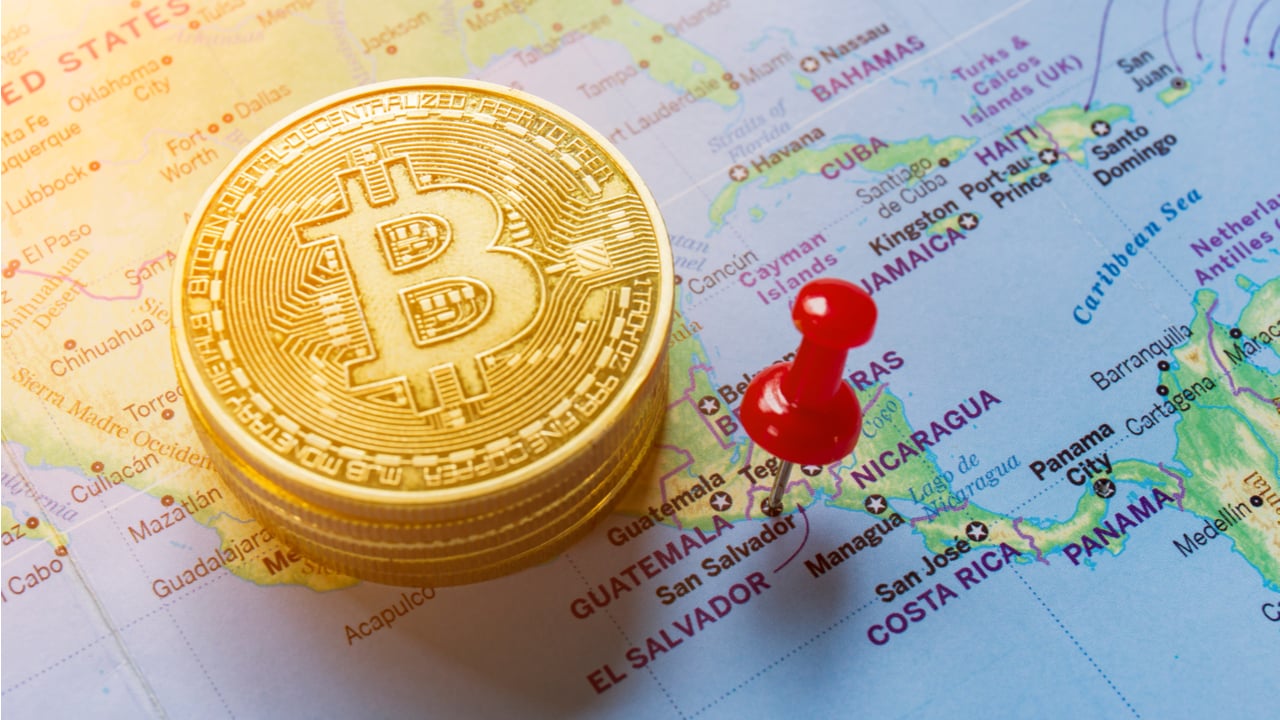Nayib Bukele, the president of El Salvador, declared that the rapid recovery of tourism in the country had to do with three elements, including surfing, bitcoin and general crime reduction. El Salvador was one of the 15 countries that managed to take its tourism revenues to pre-pandemic figures according to data from the World Tourism Organization.
Nayib Bukele State International Tourism Growth is powered by Bitcoin in El Salvador
Nayib Bukele, the president of El Salvador and promoter of taking bitcoin (BTC) as legal tender in the country, shared his thoughts on the growth of tourism income in the Salvadoran country. Bukele stated that this growth was the consequence of three key factors: bitcoin, the promotion of surfing and the reduction of crime.
In a tweet, the president says tired:
Only a handful of countries have been able to restore tourism to pre-pandemic levels. And it’s international tourism, so the reasons behind it are mostly bitcoin and surf.
El Salvador was recently included in a list of countries that have tourism revenues back to pre-pandemic levels. According to the World Tourism Organization, El Salvador has managed to increase its tourism income by 6% compared to 2019.
This report is consistent with what the authorities have reported on the impact of the inclusion of bitcoin in the country since it was declared legal tender. In February, Morena Valdez, the country’s tourism minister, stated that the tourism industry had risen 30% since this event.
Statistics further show that El Salvador’s crime and homicide rates have dropped significantly since 2020. Also, when it comes to surfing, El Salvador is home to some of the best-rated waves in the world.
National tourism is also growing
However, the president also referred to the growth in domestic tourism, stating:
But internal tourism is growing even more, largely because of our crackdown on gangs.
Bukele’s government has been heavily criticized for its measures to stop gang-related crime, declaring a state of emergency that resulted in more than 9,000 people being detained in April last year. Bukele claims, however, that this has put pressure on growth in the national tourism industry.
To support his arguments, Bukele also linked to the Google Mobility Report, a compendium of data showing the change in the number of visits that occur to specific locations. The report shows that visits to retail and recreational facilities, grocery stores and pharmacies and parks have grown over the past three months.
The government also expects new bitcoin investments that will bring more bitcoin followers to the country. Milena Mayorga, Ambassador of El Salvador to the United States, recently announced that Bank Of The Future, a cryptocurrency investment platform, would invest $6 billion in the country.
What do you think of Nayib Bukele’s views on Bitcoin’s influence on the growth of the tourism industry in El Salvador? Tell us in the comments section below.
Sergio Goschenko
Sergio is a cryptocurrency journalist based in Venezuela. Describing himself as late to the game, he entered the cryptosphere when the price surge occurred during December 2017. He has a computer engineering background, lives in Venezuela and is influenced by the cryptocurrency boom on a social level, offering a different point of view on crypto success and how it helps the unbanked and underserved.
Image credit: Shutterstock, Pixabay, Wiki Commons
Disclaimer: This article is for informational purposes only. It is not a direct offer or solicitation of an offer to buy or sell, or an endorsement or recommendation of products, services or companies. Bitcoin.com does not provide investment, tax, legal or accounting advice. Neither the company nor the author is responsible, directly or indirectly, for any damage or loss caused or alleged to be caused by or in connection with the use of or reliance on content, goods or services mentioned in this article.



